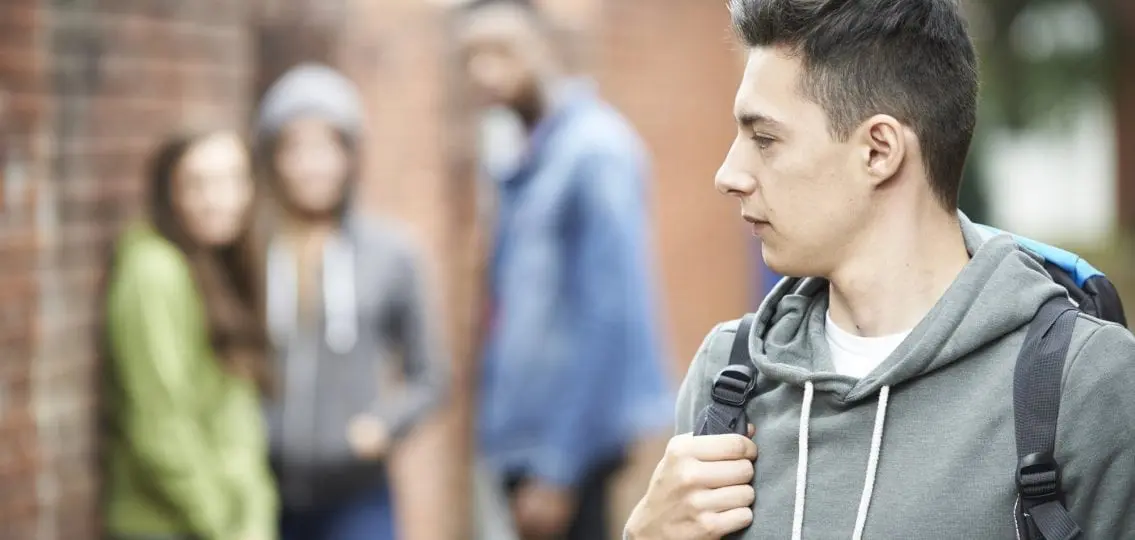Dear Your Teen:
I’m a teacher and I see kids being mean to each other all day long. But sometimes it rises to bullying. I have one student in particular who I am worried about. How can I get him to open up about being bullied? How can teachers stop bullying?
Answer:
When you find that a teen is being bullied, the most helpful thing you can do is work on building a relationship with that student. This should occur at a time when you are not pressing them for information. It should not occur during class because of this. Work on getting to know the child. Talk for a few moments in the hallway each day. Have lunch at her lunch table one day a week. Find other minutes to socialize with them. The more you know a student’s moods and behaviors, the better entry you have for discussion when you see a change in profile. This change could be a signal that the child is being bullied. It can give you a clue into what might be happening behind what you are able to see during their time at school.
Most students will avoid discussions of bullying with a person that they are meeting for the first time, like a high school principal or school psychologist. They would not feel comfortable in that situation and may not want to open up about their situation. These same students will disclose much more about bullying issues to someone they know and trust. Always ask students who they feel the most comfortable with, whether those people are at school, in their family or in their circle of friends. Then, ask these folks to intervene and begin to delve into the bullying issues. Kids will talk to those they trust.
Teachers Dealing With Bullying
Here are some additional steps you can take:
- Reassure the student that you will support and work to protect him should he report the details of the bullying to you. Provide options other than the student reporting the information to you face to face. Encourage the student to e-mail you, leave a message on your voicemail or write a note. Sometimes these suggestions are enough to get a student to open up to you in a way that is comfortable for them.
- Interview, discreetly, the friends of the student who is being bullied. More often than not, they will know the details of what is occurring, and will share those facts willingly.
- If you are at an impasse, and the parent also cannot encourage the child to discuss the issue with you, the next logical step is a recommendation for professional counseling.




